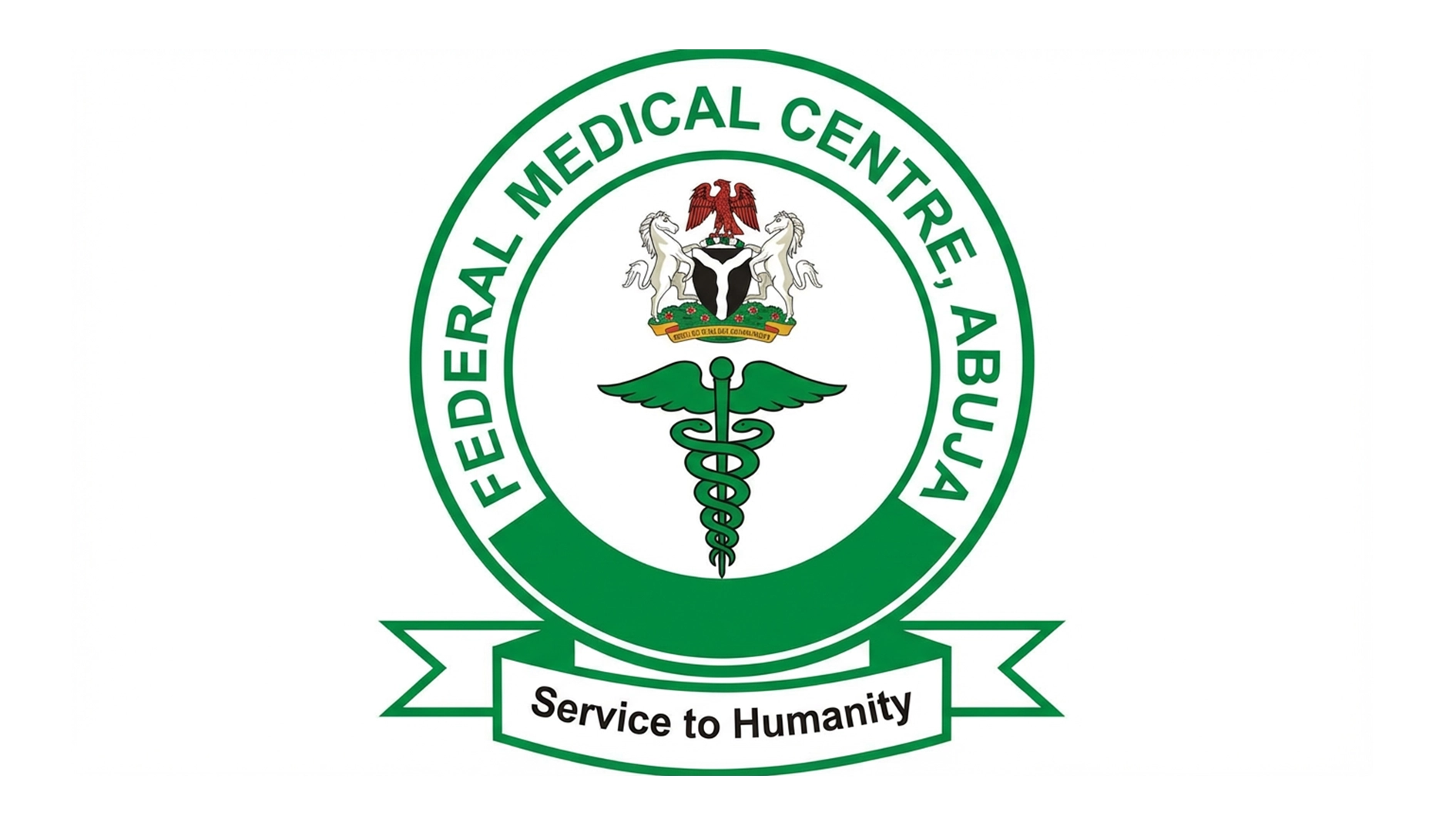Health experts have called for the accelerated adoption of life-saving innovations to curb maternal and newborn deaths in Nigeria and across Africa.
Speaking at the inauguration of the Regional Think Tank for the Accelerating Implementation for Maternal, Newborn, Child Nutrition and Health (AIM MNCH) project in Abuja, Deputy Director of Research at the Africa Centre of Excellence for Population Health and Policy, College of Health Sciences, Aminu Kano Teaching Hospital, Zaria, Prof. Taiwo Amole, said the continent already possesses many proven interventions that are not being effectively implemented.
Amole noted that countries often work in silos, slowing the progress that could have been achieved through regional collaboration. She stressed the need to strengthen the capacity of healthcare workers and project implementers to detect postpartum haemorrhage (PPH) early and to promote documentation and knowledge exchange across countries.
Delivering a keynote address titled “Addressing the Scale-Up of Postpartum Haemorrhage (PPH) Prevention and Management”, Professor of Obstetrics and Gynaecology at Aminu Kano Teaching Hospital, Hadiza Galadanchi, lamented that about 700 women die every day globally from pregnancy and childbirth complications.
Galadanchi said Africa accounts for more than 70 per cent of global maternal deaths, with Nigeria among the worst affected. At the current rate, she warned, the continent is unlikely to meet the Sustainable Development Goal (SDG) target of reducing maternal mortality to 70 deaths per 100,000 live births by 2030.
She explained that innovations such as the e-MOTIVE bundle could reduce maternal deaths by as much as 60 per cent if scaled across the continent. Other promising innovations, she said, include multiple micronutrient supplements (MMS) to combat anaemia.
Galadanchi called on African governments to move health innovations from research to policy and implementation, ensuring the right policy environment, sustainable financing, health worker training, and data-driven monitoring.
Deputy Director for Family Health at the Gates Foundation, Rodio Diallo, said the organisation’s long-term goal remains to end preventable maternal and newborn deaths. She noted that the foundation is supporting governments, communities, and partners to deliver high-quality, evidence-based innovations that save lives and strengthen health systems.
Diallo said the foundation is collaborating with Ministries of Health, Primary Health Care Agencies, and Civil Society Organisations to roll out the PPH treatment bundle nationwide, focusing on regions with the highest maternal mortality burden and readiness to implement evidence-based care.
She also revealed that efforts are underway to catalyse local manufacturing across Africa, including in Nigeria, to produce calibrated drapes for accurately measuring blood loss during childbirth. Yearly production, she said, is expected to expand from 150,000 to three million units.
A Kenyan obstetrician and researcher, Prof. Zahida Qureshi of the University of Nairobi, noted that most maternal deaths from bleeding are preventable with timely interventions. “By using calibrated drapes to measure blood loss and treating within 15 minutes, we’ve seen up to a 60 per cent reduction in excessive bleeding,” she said. “In some Kenyan counties, no woman has died from PPH in two years.”
Director of Reproductive Health at the Federal Ministry of Health and Social Welfare, Dr Samuel Oyeniyi, disclosed that Nigeria’s maternal mortality rate has declined from 1,047 to 993 deaths per 100,000 live births. He reaffirmed the government’s commitment to scaling up MNCH programmes nationwide.
The newly inaugurated Think Tank will serve as a high-level advisory and technical body to guide and strengthen country efforts in implementing evidence-based maternal, newborn, and child health interventions.
It will also provide expert guidance to policymakers, partner institutions, and stakeholders to translate research findings into practical policies and actions that reflect local realities.






